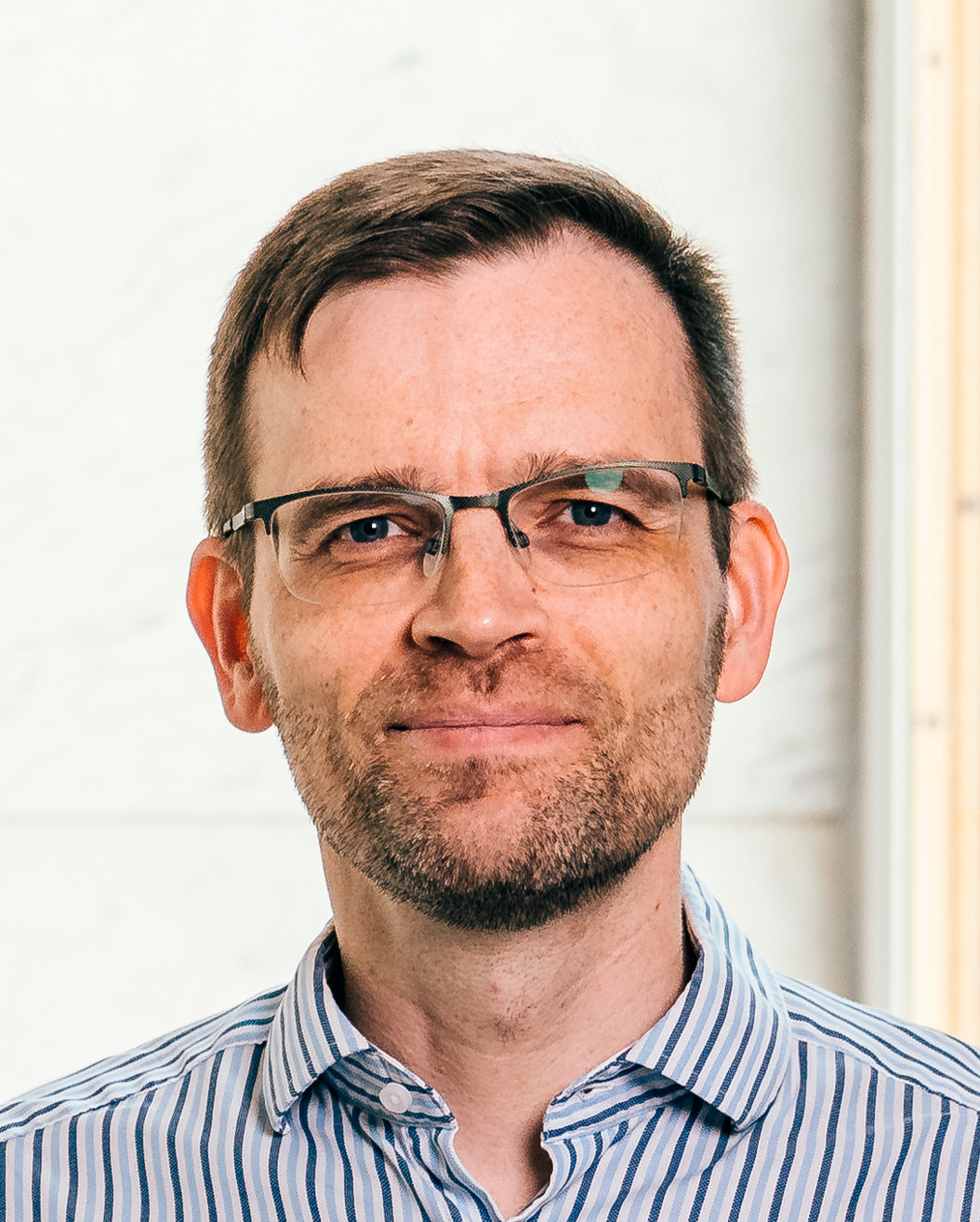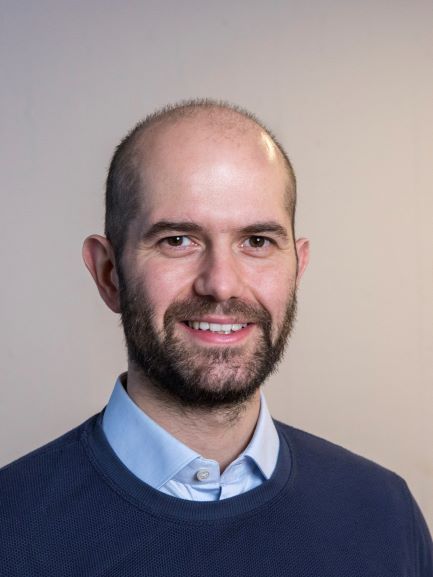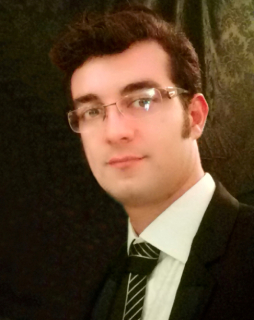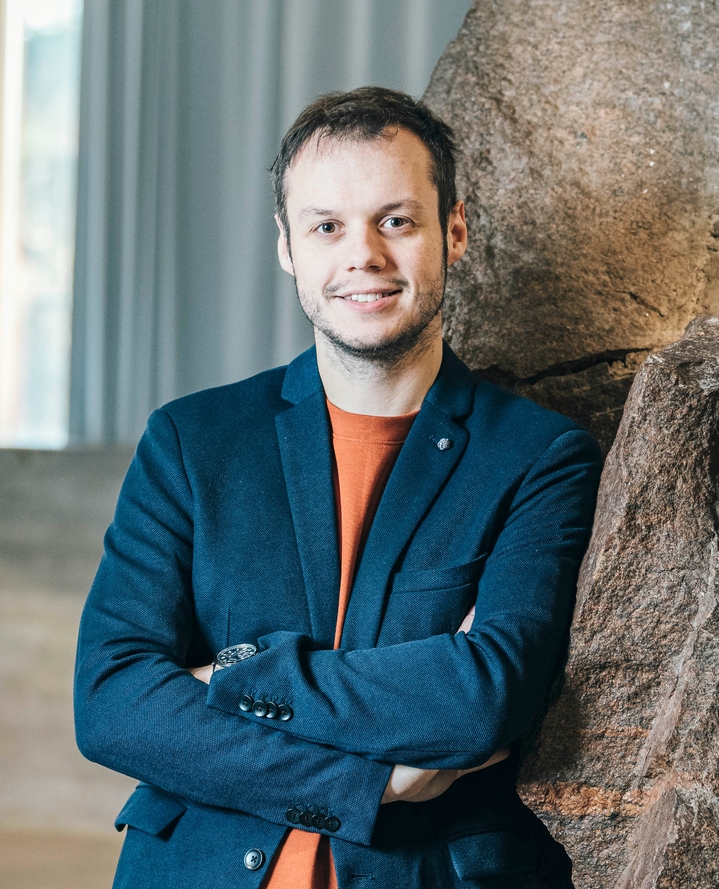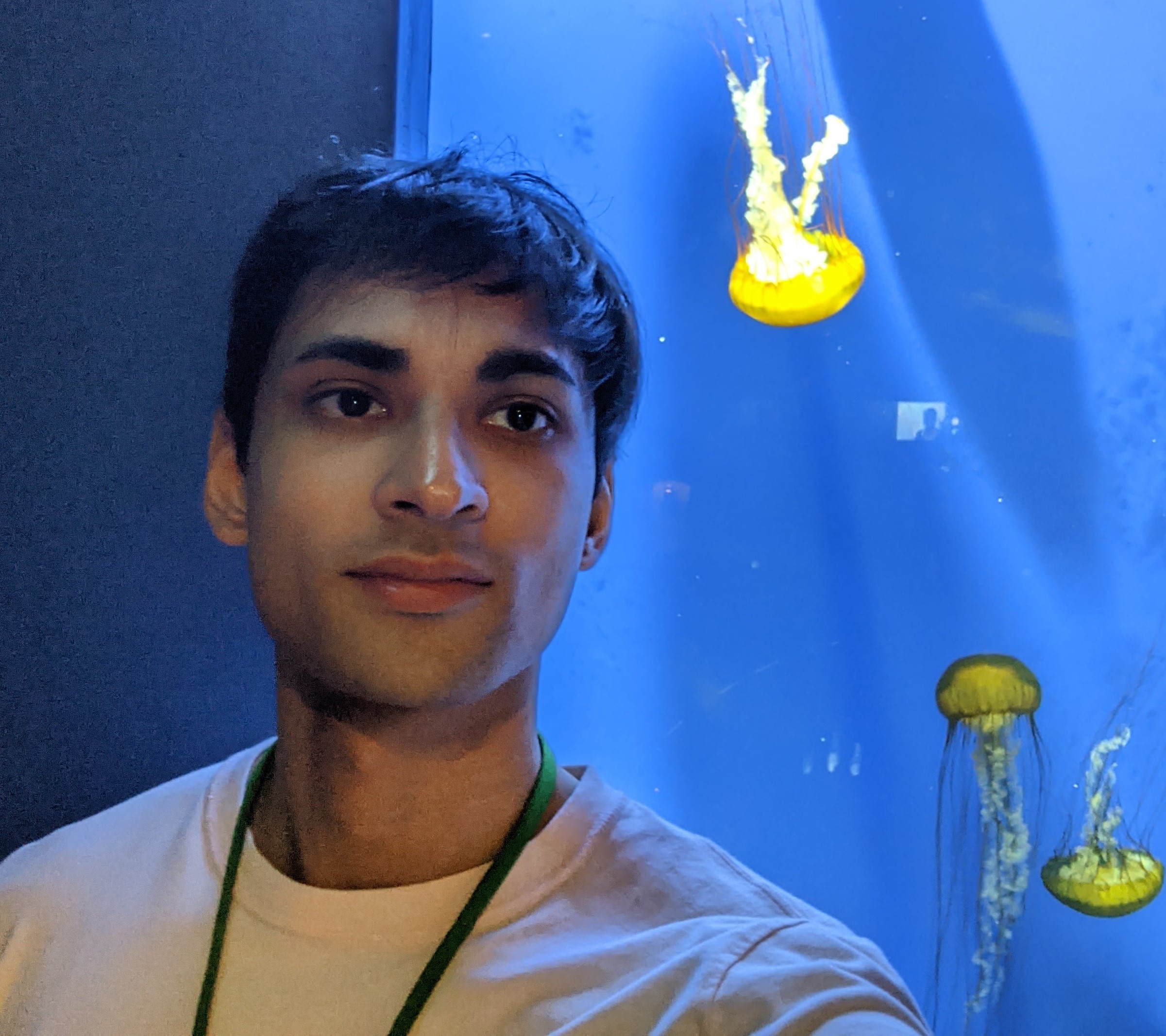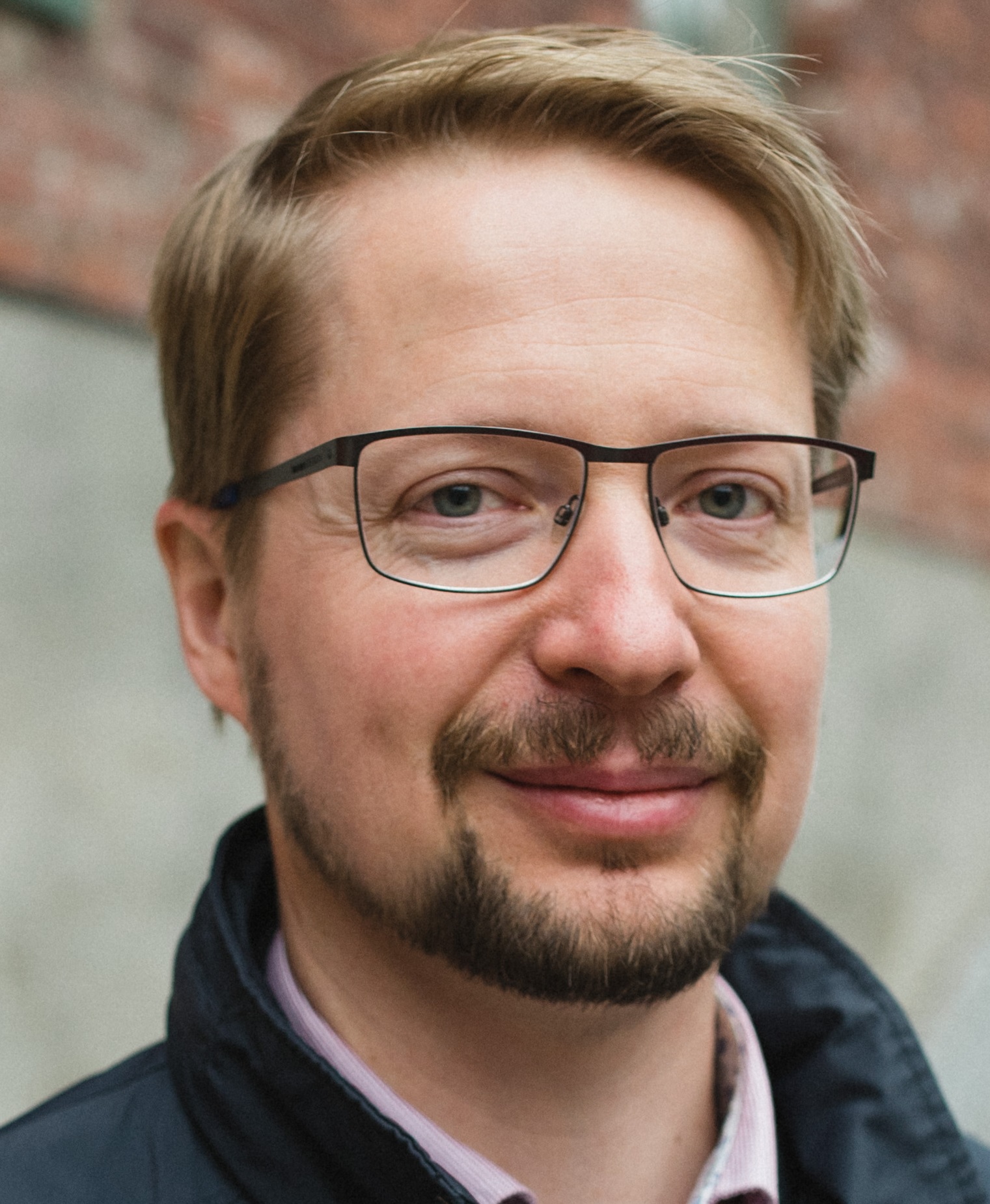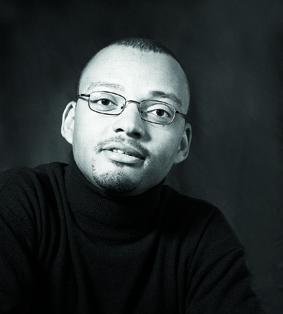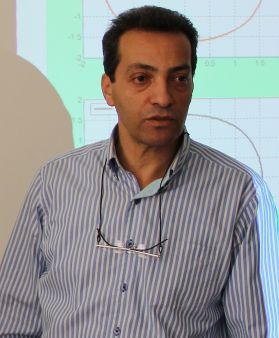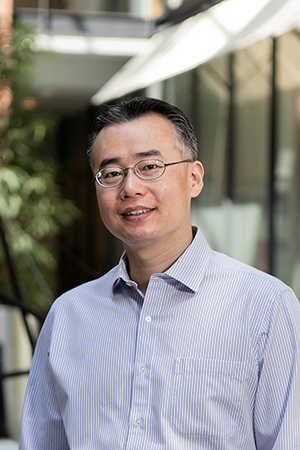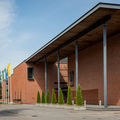Institutionen för elektroteknik och automation
Institutionen för elektroteknik och automation
Institutionen för elektroteknik och automation (förkortat EEA) är ett ekosystem där forskare från olika områden av mikrosystem, elektroteknik och automation arbetar tillsammans för att lösa de allra svåraste problemen inom områden som energi och miljö, men även hälsa och välfärd. Vi erbjuder en utmärkt utbildning och forskningsförhållanden av högsta klass.

Research
The Department of Electrical Engineering and Automation (EEA) focuses on three research areas: Power Systems and Energy Conversion, Control, Robotics and Autonomous Systems, and Health Technology.
The department is a major player in Aalto University’s Energy Efficiency Research programme AEF.
Also the Aalto ePowerHub is part of the EEA department.
Power Systems and Energy Conversion
We develop new methods, devices, and systems for substantially increasing the share of renewable energy and improving energy efficiency, focusing on making renewables, energy storage, and digital services the essence of power systems.
Electric Drives
Electric drives play an important role, e.g., in a large number of industrial applications, electric and hybrid vehicles, elevators, and robotics. Electric drives are systems where the electric motors or generators are controlled by power-electronic converters (such as a frequency converter).

Electromechanics
Advancing research in the interdisciplinary field of electromechanics at three different aspects: theoretical, numerical, and experimental.

Illumination Engineering
Lighting research group’s fundamental goal is to advance the research and education of illumination engineering and electrical building services.

Power Electronics
Our research and innovation efforts on industrial and power electronics are taking place at three complementary levels: algorithms, methods, and applications.

Metrology Research Institute
Professor Erkki Ikonen

Multi-energy System Planning and Operation
Assistant Professor Li Zhengmao

Power and Energy Systems
Power and Energy Systems

Power Systems and High Voltage Engineering
The focus areas of research in power systems and high voltage engineering are distribution networks, their system solutions and reliability engineering, power system components´ load capacity and ageing, control and monitoring systems including computer applications, automation and communication solutions, end use analysis and power quality.

Renewable Energies for Power Systems
The mission of the Renewable Energies for Power Systems group is to pursue groundbreaking work in the generation, transmission, distribution, management, and consumption of electricity.

Smart Building Technologies and Services
The aim of the group is to advance research and teaching within smart buildings.

Control, Robotics and Autonomous Systems
In these research groups, we develop generic methodologies and practices focusing on distributed and networked control systems, field robotics, intelligent robotics, robotic instruments, industry automation systems, and automation software for distributed systems.
Automatic Control
The research done by the automatic control group is based on a firm knowledge of system theory, control engineering, simulation methods, optimisation methods, numerical algorithms, and so forth.

Autonomous Systems
The group's research focuses on heavy duty semiautonomous machines and autonomous mobile robotics, mainly in agriculture and forestry.

Cyber-physical Systems
The cyber-physical systems group develops novel machine learning and control methods for networked multi-agent systems.

Distributed and Networked Control Systems
We are now witnessing an explosion in networked systems: everything is connected and massive amounts of devices are required to be coordinated.

Information Technologies in Industrial Automation
The group's research focuses on the engineering of software-intensive automation systems.

Intelligent Robotics
Intelligent Robotics group performs research in robotics, computer vision and machine learning.

Mobile Robotics
Safe, Efficient and Legible Robot Navigation in Challenging, Shared Environments

Nonlinear Systems and Control
The research interest of the Nonlinear Systems and Control group lies in the intersection of Control theory and Machine Learning: We aim to synergistically combine tools from nonlinear systems, stability theory, robust & optimal control along with machine learning and optimization techniques, to create systems with provable guarantees on safety and performance.
Robotic Instruments
The robotic instruments group develops miniaturized robotics and fine objects manipulation technologies.

Robot Learning
The Aalto Robot Learning (RL) research group operates in the intersection of artificial intelligence and robotics. In particular, we focus on reinforcement learning, robotic manipulation, decision making under partial observability, imitation learning, and decision making in multi-agent systems.

Health Technology
We develop technologies for improved and predictive diagnostic tools and efficient therapeutic methods and offer new analytical techniques for basic medical research focusing on making medical solutions that enable personalised treatments, homecare and data driven clinical decisions.
Bionic and Rehabilitation Engineering
Bionic and Rehabilitation Engineering (BaRE) research group investigates engineering techniques for human-machine interfacing in order to support, augment and rehabilitate human motor function. Through advancements in basic physiology, motor control, and biomechanics, we tailor novel biosensing and control approaches, as well as design methodologies in order to push the boundaries of current state-of-the-art bionic limbs, exoskeletons and rehabilitation robots.

Electromagnetics in Health Technology
The group develops computational methods for multi-physics modelling of the human body.

Electronics Integration and Reliability
The research in the Electronics Integration and Reliability (EILB) is focused on new materials, heterogeneous integration, reliability, and sustainability of electronics.

Microsystems Technology
Microsystems technology is a truly multidisciplinary research area. It is based on physical and analytical chemistry, biology, microelectronics, materials science, physics and biomedical technology.

Sensor Informatics and Medical Technology
Research of the group focuses on sensor informatics, adaptive signal processing, data fusion systems, and machine learning (including AI), especially for medical applications. Other applications include smartphone sensor fusion, robotics, positioning systems, target tracking, biomedical imaging, and many other indirectly measured time-varying systems.

Health Intelligence
The Health Intelligence (HINT) Lab develops next-generation artificial intelligence systems for healthcare, with a focus on spatial intelligence, multimodal learning, and generative AI.

Studies
We offer education at bachelor's, master's and doctoral level. View the dissertations here: Doctoral dissertations.
Automation and Electrical Engineering, Master of Science (Technology)
You will gain expertise to work at the interface of hardware and software in your chosen field within automation and electrical engineering.

Health Technology Engineering, Master of Science (Technology)
Health Technology Engineering is a rigorous programme for engineering-minded students eager to innovate and impact the healthcare field.

Hydrogen and Electric Systems, Master of Science (Technology)
Integrating hydrogen solutions into energy systems is among the most important steps on the path to carbon-neutrality.

Space Science and Technology, Master of Science (Technology)
SpaceMaster V is a continuation of the original Erasmus Mundus Joint Master Degree programmes launched in 2004 and implemented by a consortium of leading European universities in close collaboration with research and industrial organizations.

Smart Systems Integrated Solutions SSIs, (Erasmus Mundus), Master of Science (Technology)
SSIs is a two-year joint master programme, with full student mobility between Aalto University, University of South-Eastern Norway (USN) and Budapest University of Technology and Economics (BME) with leading expertise in the academic fields of Smart Systems and Microsystems Technology.
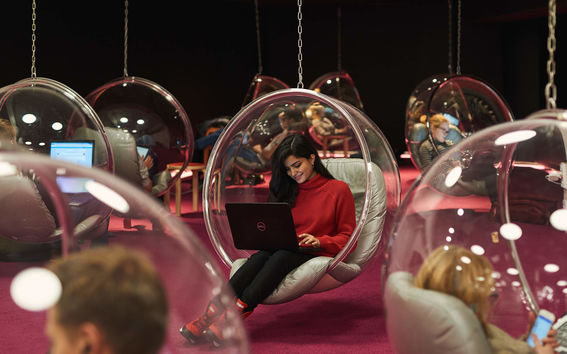
Become a doctoral researcher at the School of Electrical Engineering
Doctoral education will prepare you for the most demanding expert positions in your field in the academia, companies and public administration. Start here if you’re interested in doctoral studies!

Nyheter
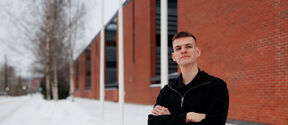
Att skapa en robotprototyp tillsammans med andra studerande motiverade Viktor Solianoi
Viktor Solianoi avlade en yrkesexamen i maskin- och produktionsteknik. Intresset för branschen ledde honom till studier i automation och robotik vid Aalto-universitetet.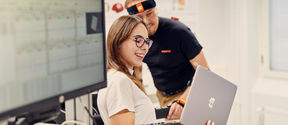
Programmet Health Technology Engineering ger färdigheter att utveckla innovativa tekniska lösningar på hälsorelaterade problem
Det nya magisterprogrammet kombinerar tekniskt kunnande och praktisk förståelse för hälsofrågor.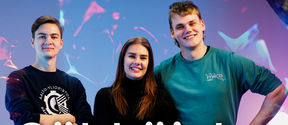
Podcast tar sig an elektroteknologernas vardag
I podcasten diskuterar elektroteknikstudenterna sina studier och teknologlivet vid Aalto-universitetet. Första avsnittet är ute nu!
Nytt magisterprogram utbildar väteexperter för utveckling av hållbarare energisystem
Magisterprogrammet Hydrogen and Electric Systems svarar på arbetslivets mest brännande behov, berättar programchef Matti Lehtonen.Händelser

Kom och fynda – återvinningsevenemang öppet för alla
Välkommen till återvinningsevenemanget våren 2026.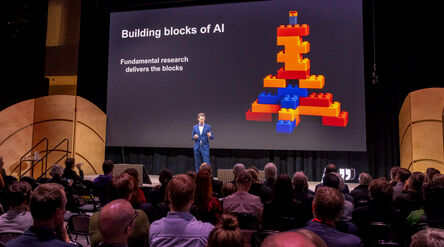
Professorsinstallation 29.4.2026 (extern länk)
Välkommen att bekanta dig med den senaste forskningen inom Aalto-universitetet. Alla föreläsare är Aalto-universitetets Associate Professorer eller Full Professorer inom tenure track.Prefekt
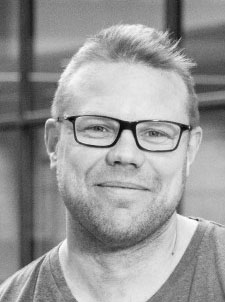
Professorer och föreläsare
